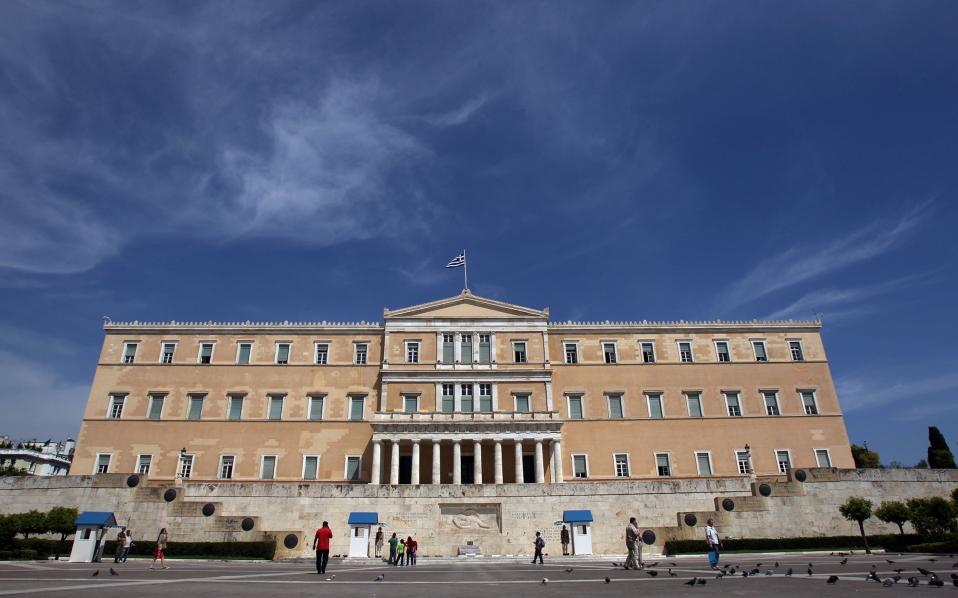The road to democracy

The restoration of democracy in Greece in July 1974, at the time of the Cyprus invasion by Turkish forces, was neither easy nor swift. It is widely known (but nevertheless forgotten) that democracy was not restored in a day. Constantine Karamanlis had to do some swift maneuvering and take drastic initiatives in order to prevent new coup attempts. Greek military forces and especially low-ranking officers wanted to restore the military regime of 1967. In fact, to avoid possible arrest, Karamanlis slept on board a yacht in the Saronic Gulf, so that no one knew where he was.
Nevertheless, democracy was restored, in the sense that a new spirit of parliamentarism was established in the country. Greeks consider this a given today – not just those with no recollection of the dictatorship but even those who lived in the 1950s and 1960s, a time when the Left was outlawed, a time of emergency court martials and widespread spying from paid informants. However, what happened in 1974 was not a given. It is never certain that a country emerging from a dictatorship will make a smooth transition to democracy.
Greece, however – a country that did not experience the Renaissance, the Enlightenment or the industrial revolution, small, weak, agricultural Greece, a country that always depended on the kindness of foreigners (or their interests if they happened to coincide with Greek interests) – did not experience the kind of genocidal juntas seen in countries like Chile and Argentina. Greece did not experience decades-spanning dictatorships like Spain and Portugal. Tiny Greece, thanks to the assistance provided by foreign powers, did not become a member of the communist bloc.
Sure, Greece had a deficient democracy – in the post-war era. At the same time, however, and despite the various (pre-war) occasional coups (from Theodoros Pangalos in 1925 to Ioannis Metaxas in 1936), coupled with the highly divisive rifts between those in favor of Eleftherios Venizelos and those supporting the royalist regime, Greece developed a paradoxically dynamic parliamentary tradition, which entered a new phase after 1974.
This is the parliamentary tradition we have enjoyed and continue to enjoy. Greece emerged from the junta as Cyprus was being invaded by Turkey. Seven years later, the country was admitted to the European Economic Community, five years before Spain and Portugal. Unfortunately, 30 years on, the country that became a member of Europe’s elite in 1981 now appears politically and financially bankrupt, in a dramatically changing environment.
While the idea of bankruptcy is heartbreaking, let’s not forget what the country has achieved since 1974. The political leader who once led the country forward, Karamanlis, seems to be the least popular of past and present leaders – probably because he showed us that the only way forward is the hard way.





